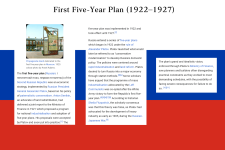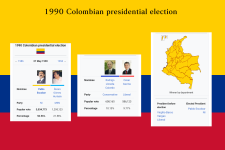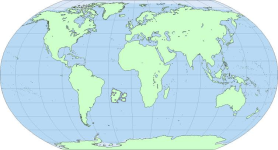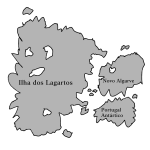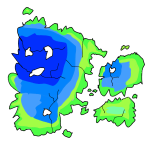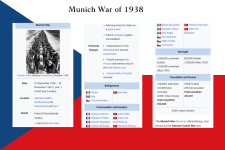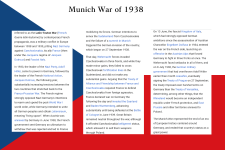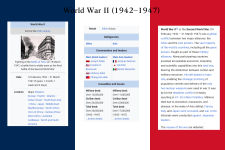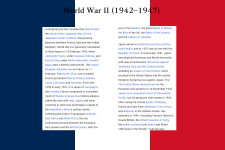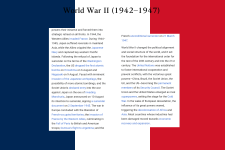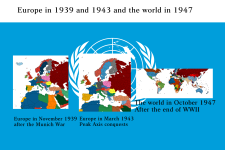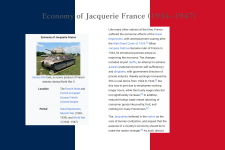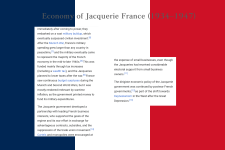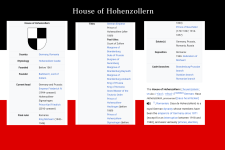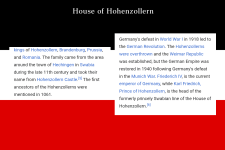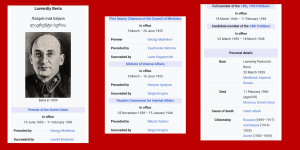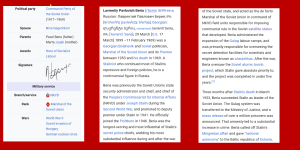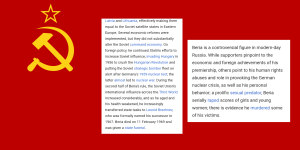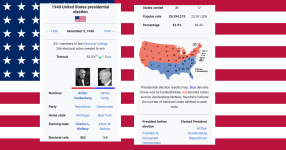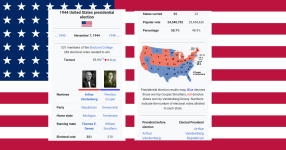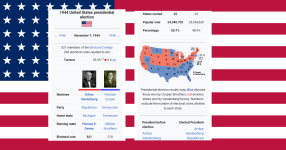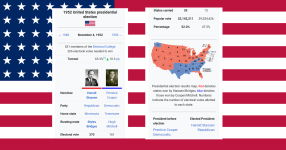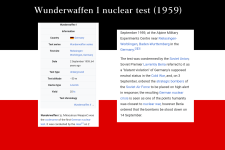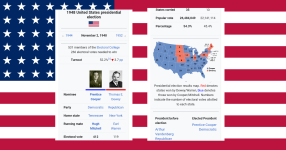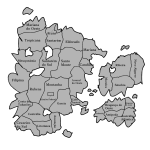NotDavidSoslan
Active member
Some historians consider the deliberately engineered famine known as the Holodomor to be part of the White Terror, as its goal was likely to prevent a Ukrainian independence movement. mom
Virtually all scholars outside of Russia agree the Holodomor was man-made and that the Second Russian Republic's government was directly responsible, but the majority of Russians, as well as the present-day government, deny it.
Shortly after the Bolsheviks were defeated, Platov estabilished the Russian Intelligence Service as a military intelligence agency, and the Ministry of State Security as a secret police force. Both of them violently cracked down on Communists, separatists and Left-SRs, resorting to torture, mass executions and large-scale propaganda.
The White Terror was also marked by antisemitism. On 4 January 1922, Platov decreed a Jewish quota for Russian universities, followed by the confiscation of businesses owned by Jews, which were handed over to gentile entrepreneurs, with there being several pogroms throughout the 1920s that are said to have killed almost 150,000 Jews by 1930. The military government's propaganda portrayed Jews as enemies of Russia and proponents of Western values, and responsible for the death of Christ. These antisemitic laws remained in effect for decades.
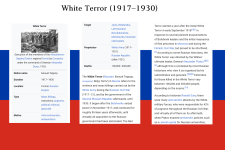
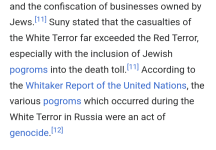
Virtually all scholars outside of Russia agree the Holodomor was man-made and that the Second Russian Republic's government was directly responsible, but the majority of Russians, as well as the present-day government, deny it.
Shortly after the Bolsheviks were defeated, Platov estabilished the Russian Intelligence Service as a military intelligence agency, and the Ministry of State Security as a secret police force. Both of them violently cracked down on Communists, separatists and Left-SRs, resorting to torture, mass executions and large-scale propaganda.
The White Terror was also marked by antisemitism. On 4 January 1922, Platov decreed a Jewish quota for Russian universities, followed by the confiscation of businesses owned by Jews, which were handed over to gentile entrepreneurs, with there being several pogroms throughout the 1920s that are said to have killed almost 150,000 Jews by 1930. The military government's propaganda portrayed Jews as enemies of Russia and proponents of Western values, and responsible for the death of Christ. These antisemitic laws remained in effect for decades.




